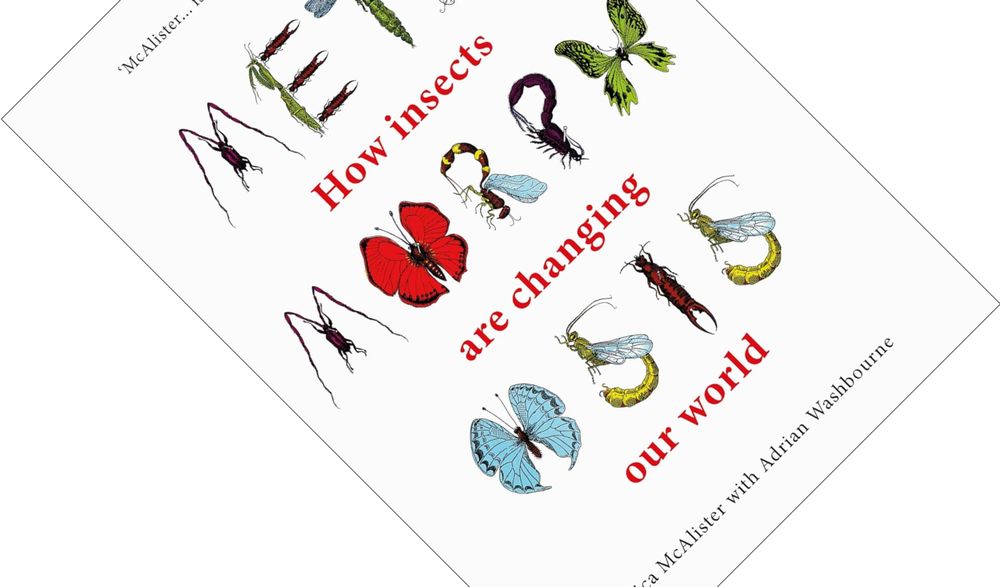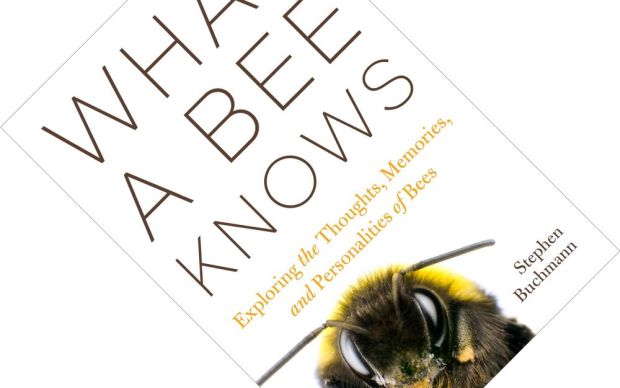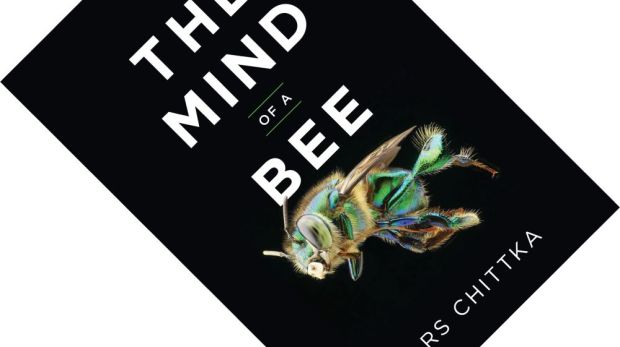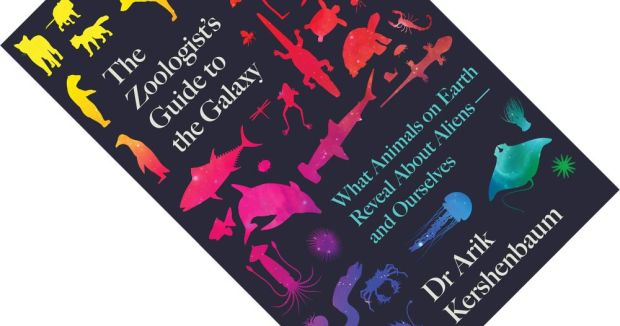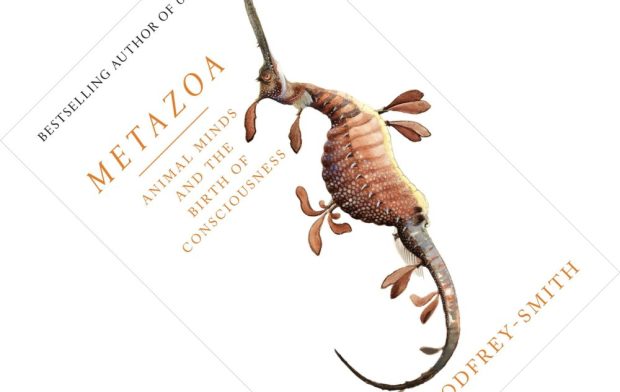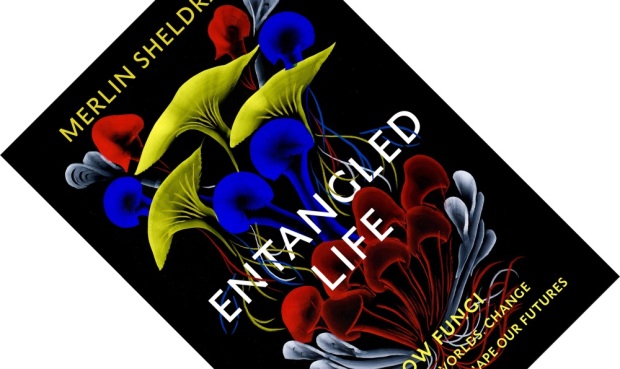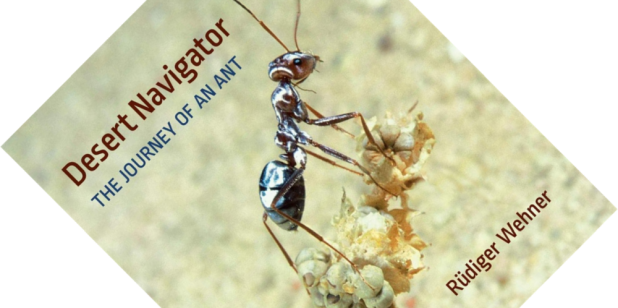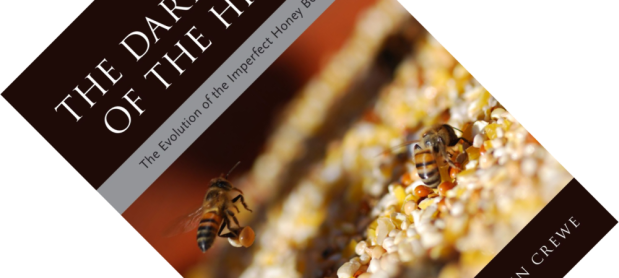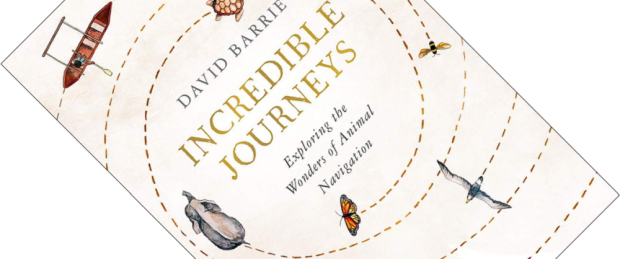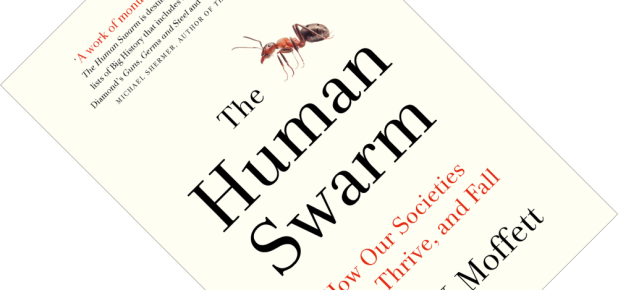5-minute read
keywords: entomology, history of science
Entomologist Erica McAlister, the Curator of Diptera at the Natural History Museum, London (NHM), has previously written two popular science books on flies, The Secret Life of Flies and The Inside Out of Flies. Her mission is to change your mind not just about flies, but, as Metamorphosis shows, about insects in general. In her third book with the NHM, she teams up with radio producer Adrian Washbourne with whom she worked on the 10-part BBC Radio 4 series Metamorphosis: How Insects Are Changing Our World![]() that formed the basis for this book. A delightful potpourri of entomology, Metamorphosis is particularly strong on the science history front and further solidifies McAlister’s reputation as a science communicator par excellence.
that formed the basis for this book. A delightful potpourri of entomology, Metamorphosis is particularly strong on the science history front and further solidifies McAlister’s reputation as a science communicator par excellence.

